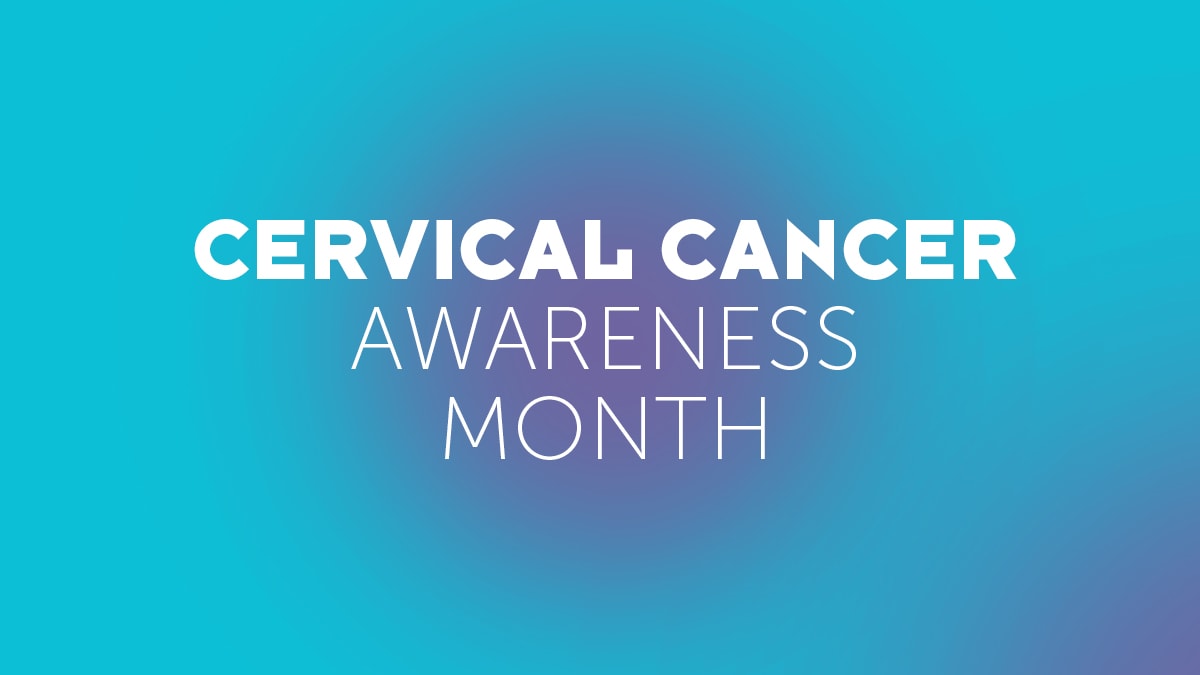Marlifel Castillo: Preserving Fertility for Young Cancer Patients
November 20, 2024
Found in Innovation, Philanthropy and Research
 “I’ve always wanted a big family,” says Marlifel Castillo, who is grateful a world-first BC Cancer protocol to preserve fertility in young women with early-stage endometrial cancer is helping to realize that dream.
“I’ve always wanted a big family,” says Marlifel Castillo, who is grateful a world-first BC Cancer protocol to preserve fertility in young women with early-stage endometrial cancer is helping to realize that dream.
Marlifel and James met when she was 16. “He was my first and only boyfriend when I moved here from the Philippines,” she says. They married in 2017 and welcomed their first baby, Marlon Jac (MJ), in 2020.
When Marlifel’s menstrual cycle didn’t return for over six months postpartum, she started to worry. When she finally had a period again, it lasted for over a month and was extremely heavy with large blood clots. An ultrasound and biopsy confirmed she had atypical hyperplasia Grade 1 endometrial cancer.
“I was told we could treat it with medication, or they could take out my uterus,” says Marlifel. At just 28 years old, and hopeful for more children, she opted for hormone treatment. Unfortunately, after six months her doctor informed her it wasn’t working.
“I tried to stay optimistic, but I felt really sad that MJ might not ever have a sibling,” she says.
Thankfully, Marlifel was referred to a groundbreaking BC Cancer study utilizing resection surgery to remove the cancer and biopsy and hysteroscopy (a thin, lighted tube that allows a surgeon to look inside the uterus) to monitor for recurrence while preserving fertility in early-stage endometrial cancer patients.
In June 2023, when her doctor felt it was safe, Marlifel and James were given a six-month window to try for a second child, and Madeleine Jeremiah was born in July 2024.
The study looking at the role of hysteroscopic endometrial resection to preserve fertility in patients with atypical hyperplasia and early endometrial cancer who fail anti-hormone therapy is being conducted by a multi-disciplinary team including BC Cancer gynecologic oncologist and study lead Dr. Mark Carey and BC Cancer oncologists Drs. Lily Proctor, Harry Brar, Ren Yuan and David Ferguson.
Marlifel is one of 40 young women in B.C. who have been given an opportunity to start or add to their family under the new protocol, says Dr. Carey. “Previously, the standard of care for these women was a hysterectomy.”
“It’s a very difficult conversation to have. While patients appreciate that their cancer will be cured, losing their fertility has a major impact on their lives and wellbeing.”
With the success of the protocol study so far, the news of each patient who avoided a hysterectomy to go on to successfully conceive is a major cause for celebration for Dr. Carey and his team. “It’s super exciting for us to be able to offer an alternative that results in such an amazing and joyous outcome.”
“In other parts of the world, resections (removal of all or part of the lining of the uterus) are often done early in the treatment, usually at the time of diagnosis,” adds Dr. Carey, who says the findings of BC Cancer’s protocol using a more selective approach is likely to change practice worldwide.
For his part, four-year-old MJ has graciously shared his parent’s attention with the new baby, says Marlifel. “He really loves his sister, and I’m so grateful to BC Cancer that he has someone to grow up with.”
With Madeleine just a few months old, Marlifel is content to be a mom of two for now, and not ready to think about any future additions to the family. But you never know, she laughs, “James, has ten siblings!”
Donate today to groundbreaking cancer research that is changing the lives of families facing cancer.


